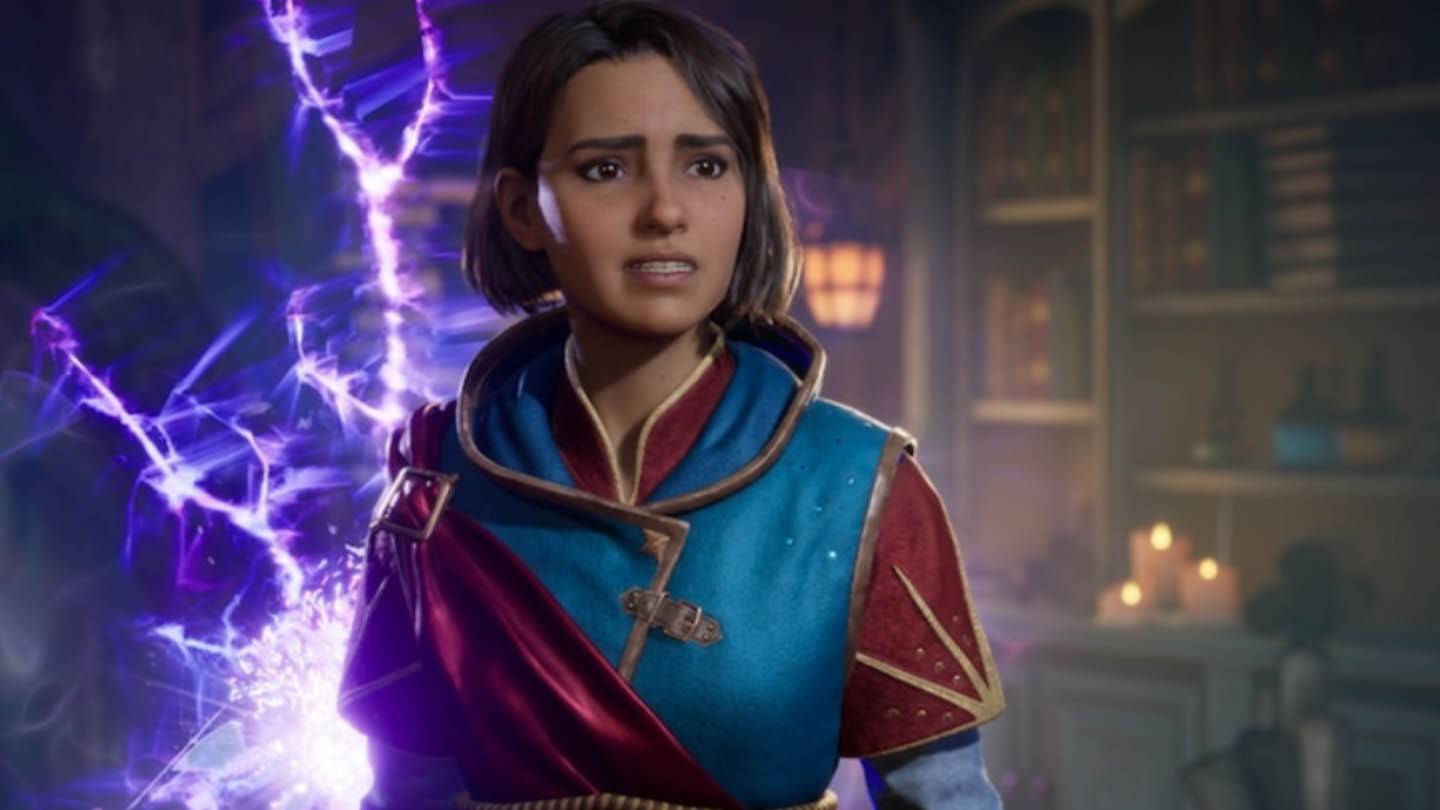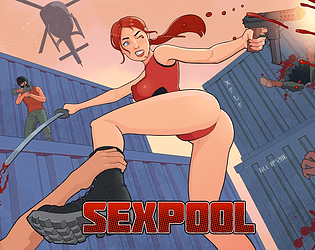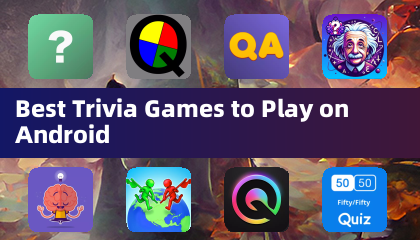
Split Fiction, the eagerly awaited cooperative adventure game crafted by the mastermind behind It Takes Two, has unfortunately succumbed to piracy just days following its official launch on March 6, 2025. Released across various platforms, including PC via Steam, the game swiftly garnered attention not only from eager players but also from the hacking community.
Despite earning critical acclaim and garnering positive early reviews on Steam, Split Fiction became an easy target for pirates due to the absence of strong DRM (Digital Rights Management) safeguards. Electronic Arts made the strategic choice to omit Denuvo, a popular anti-tamper technology, rendering the game more susceptible to unauthorized access.
The decision to forgo Denuvo made it considerably simpler for hackers to circumvent security protocols and disseminate the game on piracy sites. Mere days after its debut, copies of Split Fiction surfaced online, enabling unauthorized users to enjoy the full game experience without making a purchase.
This incident underscores the persistent dilemmas developers encounter in safeguarding their games from piracy while striving to maintain user accessibility and performance. For many gamers, the exclusion of intrusive DRM systems like Denuvo is a welcome choice, yet it also leaves titles more vulnerable to exploitation shortly after launch.
Conceived by the imaginative force behind It Takes Two, Split Fiction has been lauded by critics for its pioneering cooperative mechanics, captivating storytelling, and visually stunning graphics. Initial player feedback on Steam echoes this sentiment, with many lauding the game as a commendable follow-up to Josef Fares' prior successes.
The game beckons players to embark on a distinctive cooperative adventure, merging inventive puzzles, poignant narrative moments, and dynamic gameplay. Its acclaim among legitimate purchasers highlights the potential repercussions of piracy on sales and the developer's revenue stream.
The choice to bypass Denuvo protection in Split Fiction has reignited debates about the necessity of DRM in contemporary gaming. While some contend that DRM can adversely affect game performance and alienate legitimate players, others maintain that it's a crucial defense against piracy.
In the case of Split Fiction, the omission of DRM might have facilitated its swift compromise, prompting questions about whether Electronic Arts underestimated the agility of hackers in exploiting the game's vulnerabilities.















